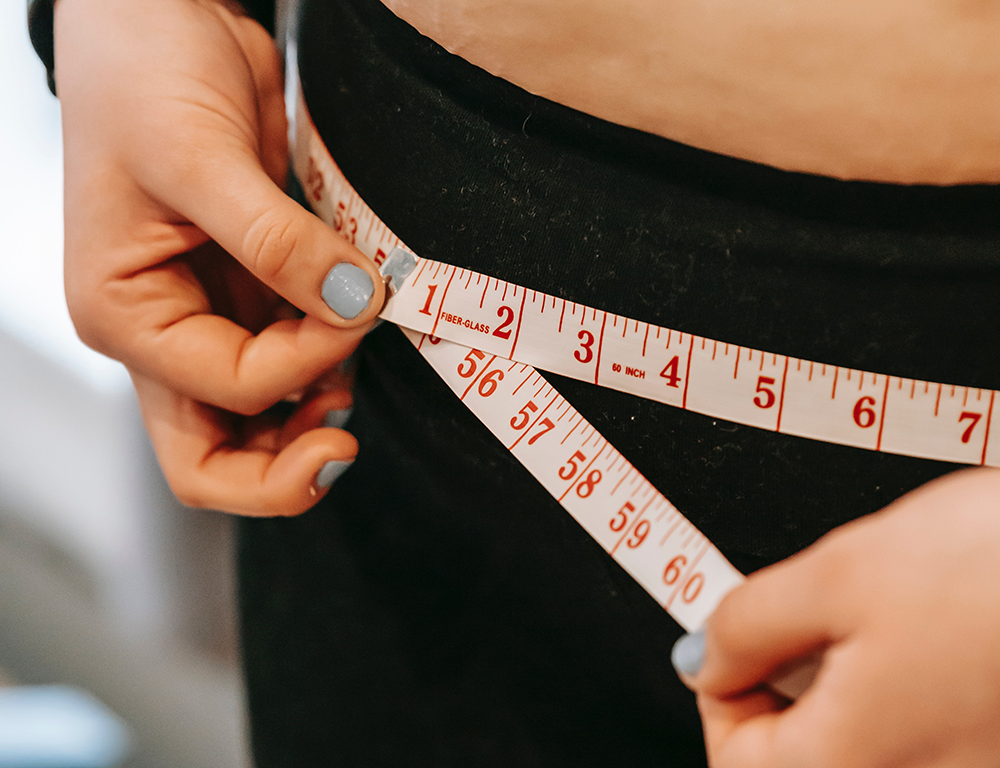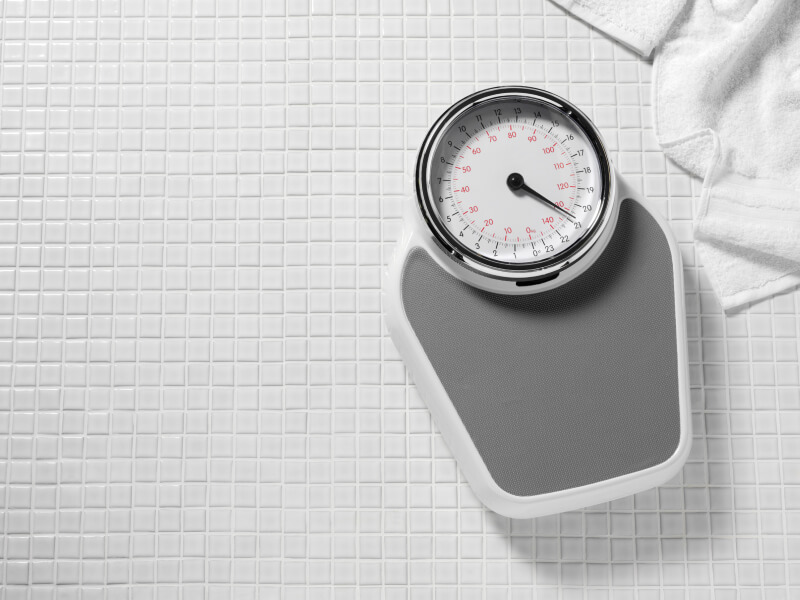Metabolism is the chemical process of converting calories into energy, otherwise known as how fast your body will burn the calories you consume. Having a high metabolism correlates to a better ability to lose weight and keep weight off.
Several biological and physiological factors (gender, age, body composition, genetics) contribute to the rate at which your body burns calories for fuel, and they are typically out of your control. However, there are also lifestyle habits that ruin your metabolism and may be making it harder for you to lose weight.
Lifestyle Habits that Ruin Your Metabolism
1. Constant Fad Dieting
Constant cycles of dieting, where you are significantly restricting your caloric intake, tricks your body into thinking it is in starvation mode. Your metabolism is the rate at which your body burns calories, and when your energy reservoirs feel threatened, your metabolism will slow to conserve that energy.
Your body is working to maintain the energy balance so you can survive. So those fad diets aren’t really doing anything for you besides ruining your metabolism and likely resulting in you gaining back all your weight when you return to your normal eating habits.
Instead of dieting, focus on eating a nutrient-dense diet that is rich in protein and non-starchy vegetables.
2. A Lack of Essential Nutrients
A healthy and nutrient-dense diet does a lot for your metabolism. But as a bariatric patient, you are more susceptible to vitamin deficiencies. Therefore, we highly encourage you to take your bariatric multivitamins along with eating a whole-food, nutrient-dense diet. Studies have found that by taking a multivitamin, you prevent metabolic syndrome and contribute to a healthy metabolic rate.
3. Not Drinking Enough Water
Our bodies are made up of 60% water; therefore, water is vital for proper functionality. Water helps the body burn calories as it works to flush out toxins and aids in bodily functions such as digestion, absorption, body temperature maintenance, and nutrient transportation.
When you are dehydrated, your metabolism slows. So, to combat that, be sure you are drinking at least 64 ounces a day of sugar-free beverages (preferably water).
For bariatric patients, you want to wait 30 minutes after a meal to drink your liquids. This is because food, as I mentioned above, aids (speeds up) in the transport of nutrients and the digestion process. With quicker digestion, you are likely to become hungry sooner and not absorb the nutrients you should.
4. Not Eating Enough (Protein)
We already know that eating revs up your metabolism as your body burns energy to absorb and digest the food. Contrary to what you might believe, though, eating three large meals throughout the day will not lead to more energy burn because your body has to “work harder” to digest more food.
In fact, the best way to boost your metabolism is to eat throughout the day (but beware of grazing!).
For bariatric patients, we recommend eating three meals a day with two snacks. Yet, you should still be aware of your macro breakdown and calorie intake. You want to focus your meals and snacks on protein, which not only keeps you full but also revs up your metabolism.
According to scientific research, protein has the most significant increase in the thermic effect of food (TEF), the energy your body burns when you are eating and digesting food.
When you consume protein, you increase your metabolism by 10 to 30%, unlike carbs and fats, which only increase your metabolism by 5 to 10% and 0 to 3%, respectively.
It is recommended that bariatric patients consume 60 to 100 grams of protein a day based on their lifestyle and goals.
5. Neglecting Strength Training
More muscle mass equals a higher metabolism. This is because muscle is more metabolically active than fat. When your body is at rest, you are still burning calories—this is called your resting or basal metabolic rate.
Studies have found that you burn around ten calories a day for every pound of muscle, while one pound of fat only burns two calories a day.
Similarly, it is proven that weight training can boost your metabolism for up to 38 hours after your training session, aka the afterburn effect. The after-burn effect results from your muscles trying to repair themselves after they have been broken down.
6. Poor Sleep Habits
Sleep is connected to many hormonal and metabolic processes and is essential in maintaining metabolic balance. When you do not get enough sleep, it can throw off your hormones, lead to inflammation, and also cause dysregulation of your metabolism.
A lack of sleep has also been linked to obesity, increased blood sugar levels, and a higher risk of diabetes. When we sleep, our bodies repair themselves mentally and physically. Therefore, sleep deprivation results in a decreased quality of health. To optimize your health, be sure you get at least 7 to 8 hours of sleep each night.
7. Constant Stress and Anxiety
Stress affects your hormone levels and causes the body to produce more cortisol. Cortisol may help your body make glucose (sugar) from proteins, yet excess cortisol can lead to glucose dysregulation.
Researchers found that increased cortisol levels in the bloodstream led to stress eating and overeating in many cases. As mentioned above, diets (including periods of overeating/binge eating) can throw off your metabolism.
Similarly, stress is proven to impact sleep quality, which we know can negatively affect your metabolism. So be sure you are practicing stress-relieving activities, engaging in regular exercise, and speaking to a therapist (if needed) to reduce your stress.
Although metabolism does play a role in your weight, the primary factor, aside from genetics, that impacts your weight is how much you are eating and drinking. Therefore if you are looking to lose weight, we recommend you not only change your lifestyle habits to increase your metabolism but also change up your eating habits.










